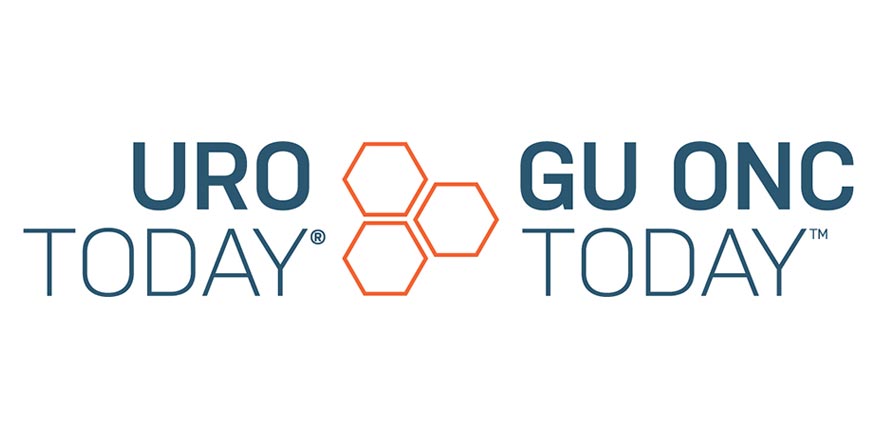Saudi Arabia Shifts Focus to Domestic Investment, Raising the Bar for Foreign Capital

Saudi Arabia is turning its attention inwards, prioritizing domestic investment and setting stricter requirements for foreign companies seeking to access capital. This strategic shift is evident in the performance of the Public Investment Fund (PIF), the kingdom's sovereign wealth fund, whose assets surged by 29% to 2.87 trillion Saudi riyals (£633 billion) in 2023.
The PIF's annual report revealed a significant emphasis on local projects, with investments in domestic infrastructure and real estate development increasing by 15% year-on-year to 233 billion riyals (£51 billion). While foreign investments saw a 14% rise to 586 billion riyals (£129 billion), the focus on homegrown opportunities is undeniable.
This strategy aligns with Saudi Arabia's Vision 2030 plan, a comprehensive initiative aimed at diversifying the country's oil-dependent economy. To further incentivize domestic investment, the government has implemented new laws and reforms, including the headquarters law that came into effect on 1 January 2024. This law mandates that foreign companies seeking government contracts must establish their Middle Eastern headquarters in Riyadh.
"The PIF's report signifies a departure from externally driven investments to a focus on domestic opportunities," said Tarik Solomon, chairman emeritus at the American Chamber of Commerce in Saudi Arabia. "The days of viewing Saudi Arabia as merely a financial reservoir are coming to an end." He emphasized the need for "partnerships grounded in mutual trust and long-term vision, where stakeholders contribute meaningfully with capital and not just seek profits."
While Saudi Arabia seeks to attract more foreign investment with its updated Investment Law, aiming for $100 billion (£82 billion) in annual foreign direct investment by 2030, some observers remain cautious. This ambitious target is significantly higher than the average of roughly $12 billion (£9.9 billion) per year since Vision 2030 was launched in 2017, according to data from the kingdom's investment ministry.
"The new investment law is crucial for facilitating more foreign direct investment, but it remains to be seen whether it will lead to the massive influx of capital needed," said a financier based in the Gulf, speaking anonymously due to professional restrictions.
Solomon also highlighted the potential challenges, stating that "it remains to be seen whether the PIF's domestic investments will deliver the anticipated returns, especially in a region full of instability and oil-dependent budgets facing prolonged periods of low oil prices."
However, James Swanston, Middle East and North Africa economist at Capital Economics, believes the new law will "improve local business conditions to attract investment from abroad." He pointed out that the new law will standardise foreign investors' rights and duties, simplify registration procedures, and streamline judicial processes, addressing long-standing complaints about opaque and ad-hoc regulations.
"We've argued for a long time that so-called 'wasta' (loosely translated as 'who you know') has been a major deterrent to foreign companies establishing themselves in Saudi," Swanston stated.
Swanston also believes that this shift towards attracting foreign capital will "ease the burden that has recently been placed on the Public Investment Fund to offset the weaker foreign investment into the Kingdom."
The move towards greater scrutiny and domestic priorities is not entirely new, but it has gained momentum in recent years. While the Gulf has been perceived as a source of "dumb money" by some overseas firms, local investment managers argue that investment from the region has become increasingly sophisticated, with a greater emphasis on due diligence and selectivity.
"Before it was much easier to come and say, 'I'm a fund manager from San Francisco, please give me a couple million'," Marc Nassim, partner and managing director at Dubai-based investment bank Awad Capital, told CNBC in 2023. "I think that a very small minority of them will be able to take money from the region â they are much more selective than before."
The message is clear: Saudi Arabia is prioritising its own economic transformation and is no longer seeking "dumb money." The Gulf-based financier who declined to be named summed up the sentiment, stating, "PIF has been focused on co-opting investment into Saudi for last several years. It took a while for bankers to fully appreciate the scope and scale of the pivot. It's rightly all about transforming the economy."





